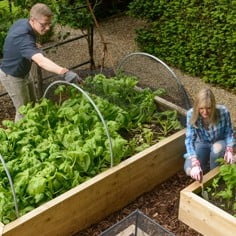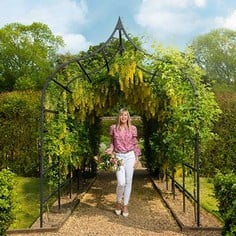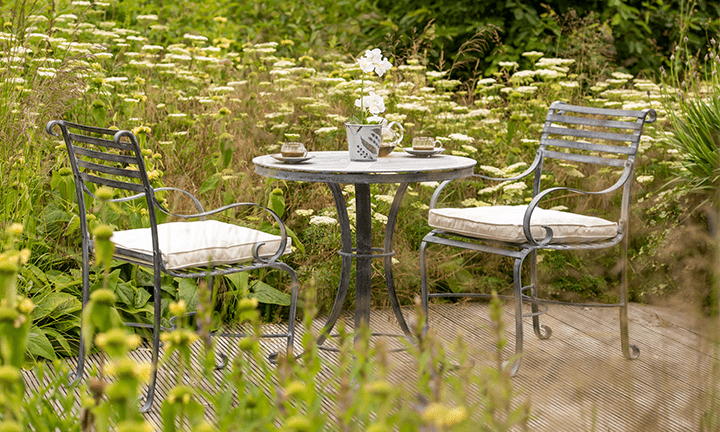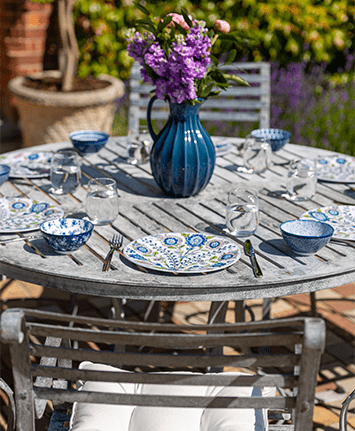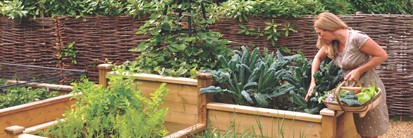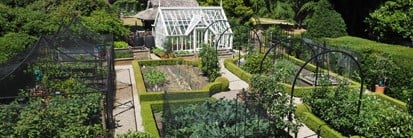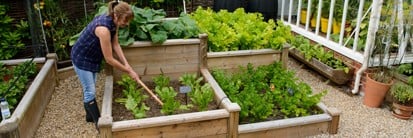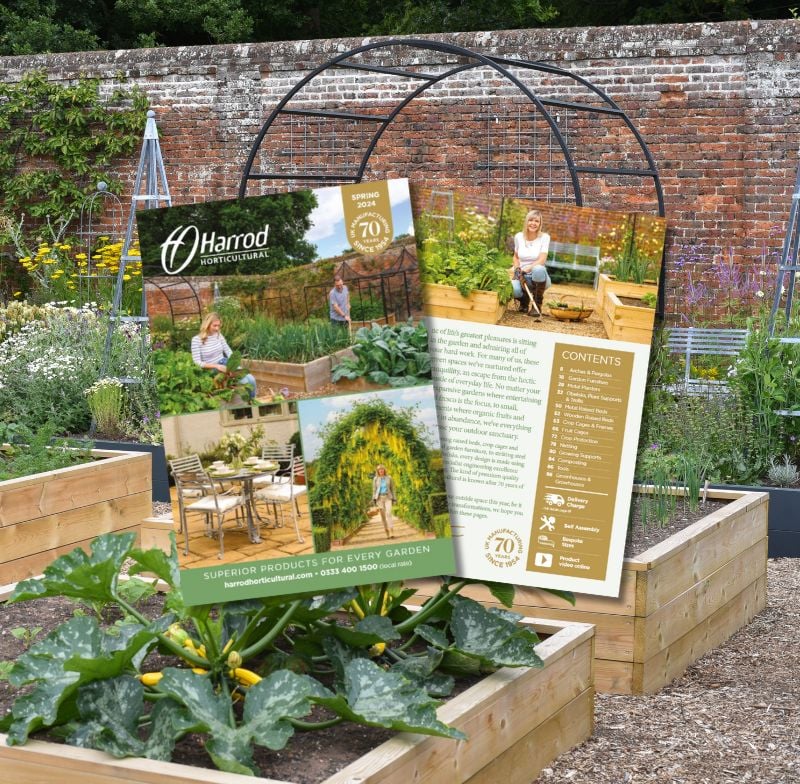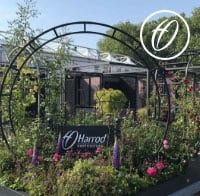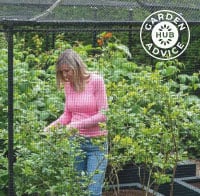Have you been watching Alan Titchmarsh's latest offering on BBC TV - 'The Nature of Britain'?
I've been worried recently that Alan - for whom the word 'versatile' was invented - has been spreading himself a bit thin (I'm especially thinking of his mid-afternoon slot chat show on ITV) but this BBC1 series has shown he's still a top-notch performer in the nature/gardening sector.
What has really impressed me with 'The Nature of Britain' is the sheer quality of the filming and photography. As a keen photographer myself - I'm responsible for most of the recent images you see in the Harrod Horticultural catalogue and on the website - I can appreciate the time and dedication involved in producing such fantastic images.
And the pictures really do convey the rich diversity of wildlife living in Britain, with creatures both great and small caught in the lens.
Of particular horticultural interest in last night's programme was the way rapidly-spreading infestations of aphids are controlled under commercial agricultural conditions. According to Alan, ladybirds - for so long considered the nemesis of aphids everywhere - are not the all singing, all dancing aphid-munching machines they are purported to be. Instead, it's the tiny, delicate money spider which traps the aphids - albeit disloged from the plant stems by slightly more cumbersome ladybird - and enjoys a continuous summer feast on the prolific pests.
This particular segment of programme caught my attention for another reason as well; I've recently compiled a guide to biological pest control which will appear in the 2008 Harrod Horticultural catalogue, in which ladybirds, and their larvae, feature heavily. Don't expect to be able to purchase money spiders to look after your aphid problems, as in the garden at least, the ladybird is still king.
'The Nature of Britain' series can be seen on BBC1 on Wednesday evenings at 9pm, and is repeated on BBC2 at 7pm on Sunday.
UK Manufacturing since 1954





